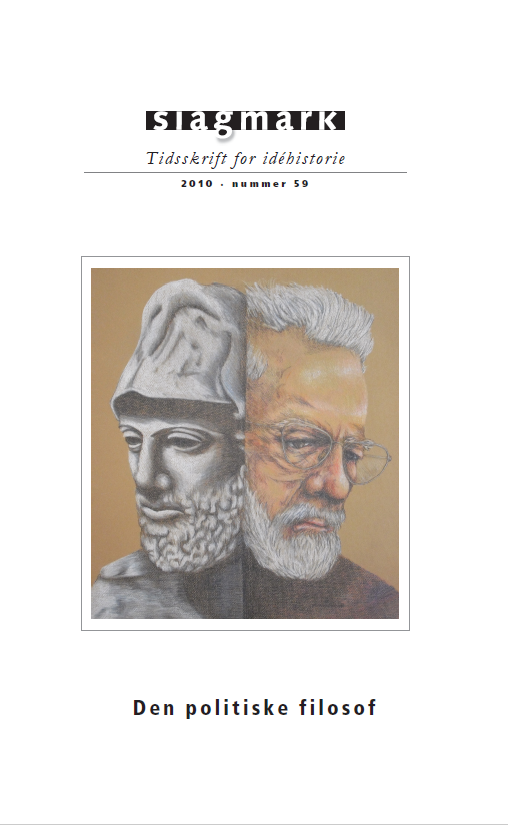At forstå er at ændre sig – Om forholdet mellem marxisme, antropologisk hermeneutik og knaphed hos Jean-Paul Sartre
DOI:
https://doi.org/10.7146/sl.v0i59.104734Keywords:
Hermeneutics, Philosophical Anthropology, Freedom, Scarcity, Comprehension, Sartre’s MarxismAbstract
The article explores the notion of comprehension in Sartre’s later, Marxist inspired manuscripts. Comprehension is praxis broadly understood, Sartre claims. Behind this assumption there is the hermeneutical assumption that proper comprehension implies an alteration of the person who comprehends, so that it will function as a framework for his motivation in Husserl’s sense of the word. The article further addresses an ‘anthropological hermeneutics’ in Sartre’s attempt to deliver a corrective to the Marxism of his time. Man is the poetry of his own future because he is the subjectivity of freedom, i.e. action. On the other hand, man is alienated by scarcity and instances of counter finality of his own products. Scarcity also entails that force to some extend is unavoidable. The article finally discusses what is suggested to be called political scarcity as a kind of ‘top-down-hermeneutics’which is not compatible with Sartre’s conception of comprehension as praxis, and which, for instance, is also what he seems to address in his critique of the Marxism of his time.
Downloads
Published
2018-03-09
How to Cite
Liisberg, S. (2018). At forstå er at ændre sig – Om forholdet mellem marxisme, antropologisk hermeneutik og knaphed hos Jean-Paul Sartre. Slagmark - Tidsskrift for idéhistorie, (59), 85–102. https://doi.org/10.7146/sl.v0i59.104734
Issue
Section
Tema





